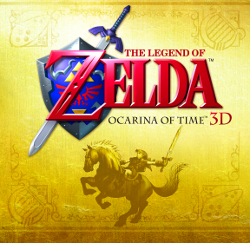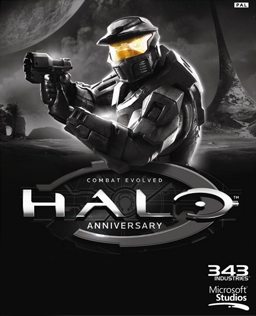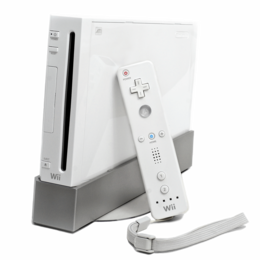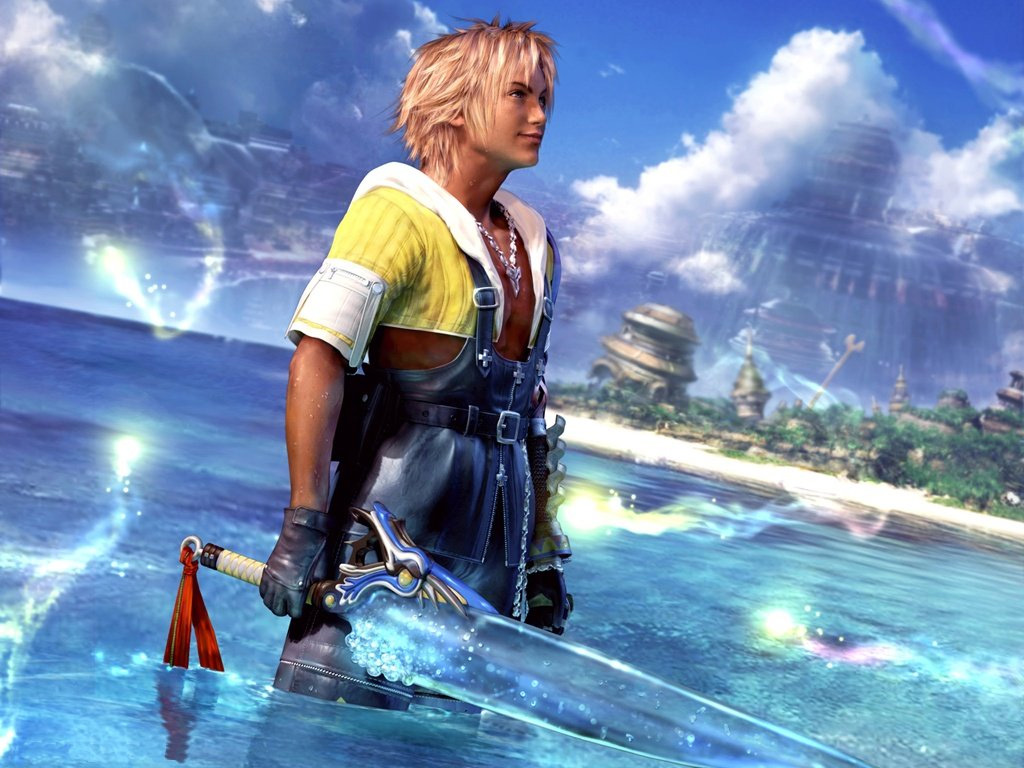In all seriousness, sorry that this post is late. I was celebrating my birthday this past weekend, and I was also was thinking about the last post I had done. Nobody wants to be force-fed something like this, so I quit on the old series, and figured I'd just post about the kinds of things that bug me about people that look at this game from the outside, judging it at face value. I'll probably turn this into a running theme too for future games that I find and some other assumptions that people have.
Anyway though, on to World of Warcraft
Assumption #1: World of Warcraft is a game that ruins people and kills their social life.
Okay, no. You are wrong to think this, and you are wrong to assume it from high atop your throne of bullcrap. This goes for all similar assumptions that go along this similar line, like it's only for "nerds" or whatever lame crap people come with these days.
With that said, there are most likely a niche of people out there who have been affected by this game in such a way. It pretty much created the formula for your typical MMORPG today, what with the elves and monsters and dungeons and weapons and roleplaying. To its credit, WoW has pretty much perfected the way an MMO should be: a vast, open world with enough content to satisfy all gamers ranging from casual to hardcore, and I applaud for that. That's not to say everything is perfect (because there is a LOT at isn't perfect), but to do something on this scale and keep the amount of subscribers they have is nothing short of amazing (even if they're beginning to fall as of late).
Still though, you can be addicted to ANYTHING and have it ruin your social life, or any part of your life for that matter. It all comes down to a balancing of your priorities and having the willpower to realize when you go too far. A big session every once in a while is alright, but don't let it define your very being and soul. Blaming the game is the wrong thing to do here. It's the person playing the game that is allowing it to drive their life.
Assumption #2: This game is too easy/hard.
I hear plenty of this being regurgitated from the official forums and many other places every week, even with Blizzard having responded to this many moons ago, and yet I keep hearing more.
I suppose the assumption isn't that bad. The game has certainly become more accessible to newcomers since the days of 40-man raids and ridiculously long dungeons (which I wasn't even around for). Still, the reason why people are complaining is that the game is no longer being suited for their personal (sometimes selfish) needs. Yes, the game has become slightly easier over time, but that is because the audience of WoW has changed over time. Online gaming is nothing like it was back in 2004 today. Today there are games ranging from the ridiculously hardcore to the walk-in casual, and WoW simply picked the path that is, in my opinion, a little closer to the casual side. That's not to say there isn't something for everyone in this game, but it is certainly easier to jump in and see a lot of content than it was 7 years ago. As far as the game being too hard, there are many, MANY fan-sites and databases around that can help you with whatever you need. Get to learning and you can be as successful as anyone else.
The problem is, if you dislike the way the game is actively evolving around you, then why are you still playing? You essentially hate the game, right? Why are you even paying your subscription anymore?
Assumption #3: Blizzard doesn't know what to do with this game anymore.
I'll readily admit to having said this before, and I'll apologize. It is true that some decisions were made that were a little on the sketchy side, but Blizzard has been running this game for more than 7 years now. They probably have statistics and knowledge that we players couldn't possibly comprehend. Who are we to doubt them when we only know what lies in front of us? Of course there are things that they won't tell us and other things that don't come to fruition, but for somebody to stand up and say "WoW is dying, everybody abandon ship, this other game is going to take over", just...NO!
WoW can co-exist with any other MMO out there, just like any other MMO can co-exist with WoW. Blizzard is continuously trying to improve the game based on player feedback and their own knowledge of the game that THEY created themselves. Yes, we do have the power to give feedback and stand up for things we think aren't right, but when we don't even know the resources or development process or literally ANYTHING about what goes on behind the scenes, we have no room to talk about how Blizzard is running their game and what they are going to do in the future.
With that said, it still doesn't mean I can't make a decision on an expansion's beta...I'm hoping you haven't lost your touch Blizzard. :)



















